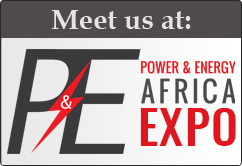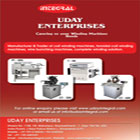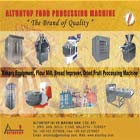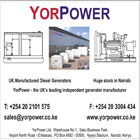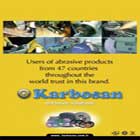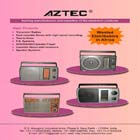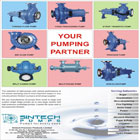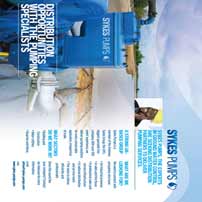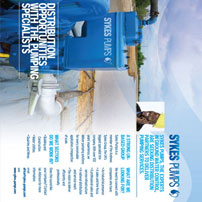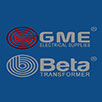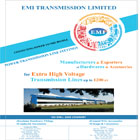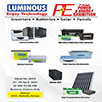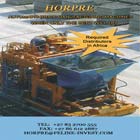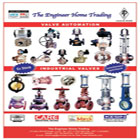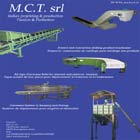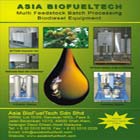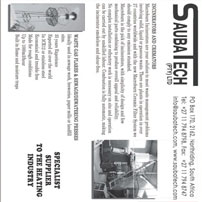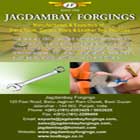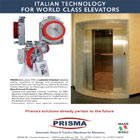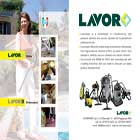

M a r k e t N e w s
Rwanda: 'Made-in-Rwanda' Strategy Looking to Balance Trade Deficit
Posted on : Tuesday , 3rd January 2017
Sometime back when I was in The Netherlands, I once searched high and low to get an English newspaper and asked some Dutch people why it's difficult to chance upon one. I never got anywhere.
The response was "English newspapers are over-taxed so as to discourage them in favour of newspapers published in Dutch language". The reason is to promote locally-made products in order to maintain the balance of trade and payment.
Despite the practice, The Netherlands remains part of the European Union single market and is one of the most developed countries in Europe. In any country, for economic growth to be accelerated, unique approaches must be taken to turn things around.
This brings me to 'Made-in-Rwanda' a campaign introduced to encourage Rwandans to by Rwandan.
It is imperative for the country to develop an enabling strategy for moving forward. Before I opine what I think may turn things around, let me illustrate why 'Made-in-Rwanda' is an ideal slogan.
'Made-in-Rwanda' is a slogan initiated to promote the consumption of locally-made products. The rationale is to increase exports and reduce import surplus. The more the country sells a lot of the stuff locally-produced to other countries, the more balance of trade it's likely to achieve. But, once imports exceed exports it creates the trade deficit.
And, as a matter of fact, what's where our country is now. In order to change this unfavorable balance of trade or payment, we must be committed to promoting 'Made-in-Rwanda' strategy. This raises a fundamental question: what can be done to make 'Made-in-Rwanda' successful?
To start with, the 'Made-in-Rwanda' strategy is designed to promote both local investment and inward investment (or direct foreign investment). This is the main gateway to do away with the trade deficit that Rwanda faces today.
Secondly, there's a need for raising awareness perhaps to all Rwandans the importance of prioritizing locally-made products. Apparently, most Rwandans are still unware of the benefits.
So, they need to be mobilized to change their mindset about locally-manufactured products. There's a wrong presupposition that foreign products are than better than domestic products. This belief must be discarded if we want to move forward.
All of us should have a sense of obligation to go along with the popular belief. For the economy to be revitalized, the catalyst is to prioritize locally-made products over foreign products. Similarly, there's also a wrong presupposition that all foreign consultants, we often see in many places of work, are better Rwandans.
Admittedly, there're areas that require high expertise that Rwandans may not have but even where Rwandans have expertise are underrated in favour of foreigners who are usually paid in hard currencies (e.g. dollars).
This has serious chilling effects on increase of inflation. Thus, it is quite important to allow Rwandans who have the required expertise to demonstrate their ability; and this will obviously have positive impact on GDP.
The philosophy here is not to stifle the EAC regional integration objective. Neither is it to discourage Rwandans from consuming products or services from EAC Partner States.
Second, Small, Medium and Large enterprises ought to do what it takes to improve the quality of their products. In any business, it is crucially important to maintain high customer satisfaction and loyalty.
Providing quality products also helps businesses build positive reputations and enhance profitability in the long run. This calls for enterprises of all sorts and sizes to set out strategies that can enable them to gain competitive advantage over other competitors, especially from the region.
Across the world, competition is an essential element in the efficient working of markets. It brings important benefits to the consumer by encouraging enterprise, innovation, efficiency and a widening of choice.
Third, to improve the quality of technical or vocational and tertiary education. Desirable knowledge and skills at labour market should be aligned with education policy and programmes. Much focus should be put on the quality of demand skills, rather than the huge number of graduates.
'Made-in-Rwanda' cannot be boosted by a single factor but by a multifaceted factors. In this regard, quality education is at the heart of high quality production and competitiveness. Skills development is essential for increasing the productivity and sustainability of enterprises and improving working conditions and the employability of workers.
As such, the government must put much emphasis on higher learning institutions (both government-owned and private-owned) to improve quality education that will enable graduates to have skills and competencies desirable at labour market.
Lastly, registering intellectual property is equally important for the protection of the exclusive and assignable legal right of creator of original work in the context of 'Made-in-Rwanda'. Registering one's original work provides an assurance of the exclusive rights to its use and distribution.
Legally, it provides the intellectual property owner an edge over the unregistered material, and it also establishes a public record of the copyright claim.
Intellectual property rights are protected under Rwandan law as well as legal framework of African Regional Intellectual Property Organization (ARIPO), a regional Agreement formed chiefly to ensure to ensure recognition and protection of intellectual property rights. Thus, none ought to miss the opportunity to register with Rwanda Development Board.
Source : allafrica.com


